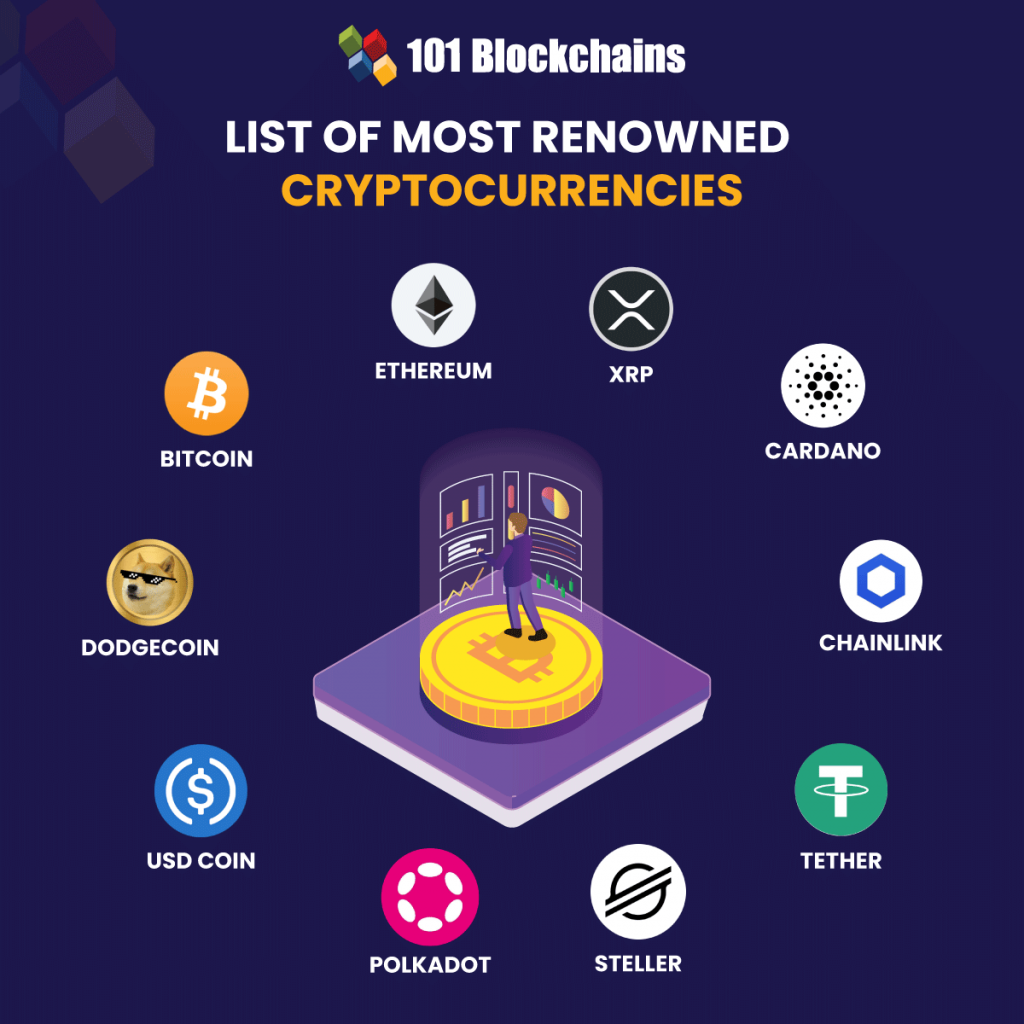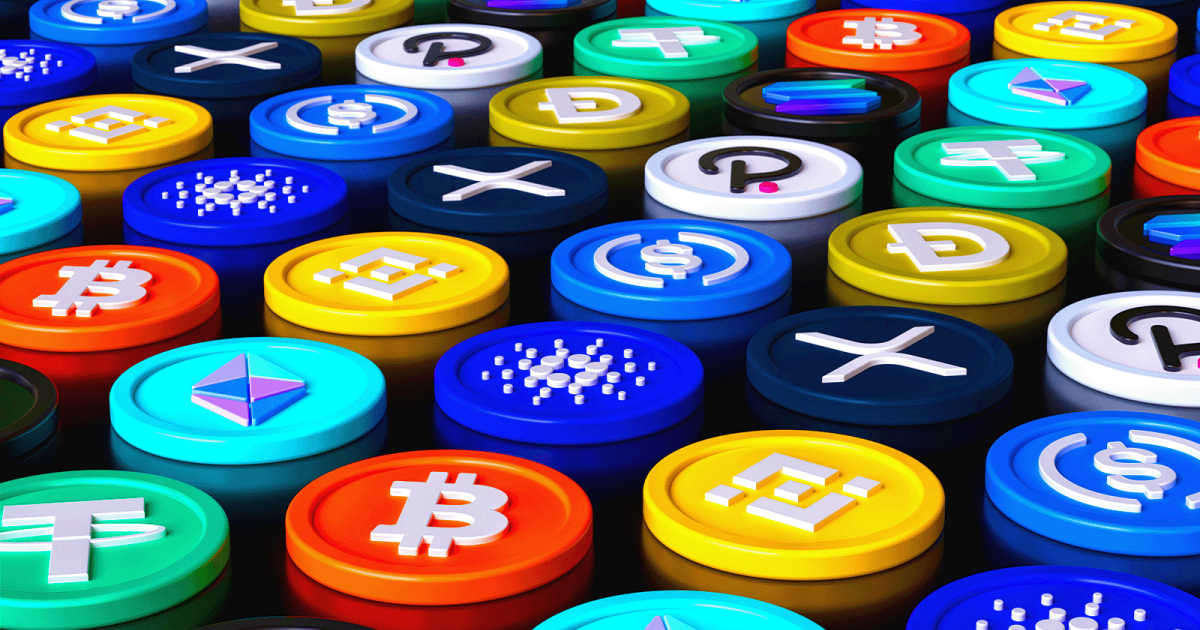Are all cryptocurrencies mined
Of course, expectations for rolling back regulations are high, given President-elect Donald Trump’s record. That may mean undoing some aggressive moves by federal agencies during the Joe Biden administration https://xerometer.com/casino-review/aussieplay/.
These payment options cater to consumers’ desire for speed and security, significantly enhancing the checkout experience. Contactless payments reduce wait times, while QR codes offer an easy, touch-free alternative that aligns with changing consumer preferences. As shoppers become more accustomed to these quick and efficient payment methods, businesses that integrate contactless and QR payment systems will improve customer satisfaction and remain competitive in the market.
Additionally, reconciliation processes are undergoing a transformation. Aaron Holmes of Kani Payments highlights the inefficiencies of manual reconciliation, with many businesses still relying on spreadsheets. Advanced reconciliation tools are expected to save time, improve accuracy, and enable scalable growth.
It will also be interesting to see what the UK will choose to do in relation to new legislation implemented by the EU. There are reasons to believe the UK government is looking to abolish PSD2-style SCA, moving away from the EU’s more rigid requirements in favor of more flexible guidelines.
Truth is, you can’t just translate what works in one market into another. Take the United States and Europe as an example. American consumers are notorious for disliking friction when it comes to their shopping experience, while their peers across the pond have grown to appreciate a balance.
Are all cryptocurrencies based on blockchain
Transactions on the blockchain network are approved by thousands of computers and devices. This removes almost all people from the verification process, resulting in less human error and an accurate record of information. Even if a computer on the network were to make a computational mistake, the error would only be made to one copy of the blockchain and not be accepted by the rest of the network.
Blockchain is a decentralized digital ledger that securely stores records across a network of computers in a way that is transparent, immutable, and resistant to tampering. Each “block” contains data, and blocks are linked in a chronological “chain.”

Transactions on the blockchain network are approved by thousands of computers and devices. This removes almost all people from the verification process, resulting in less human error and an accurate record of information. Even if a computer on the network were to make a computational mistake, the error would only be made to one copy of the blockchain and not be accepted by the rest of the network.
Blockchain is a decentralized digital ledger that securely stores records across a network of computers in a way that is transparent, immutable, and resistant to tampering. Each “block” contains data, and blocks are linked in a chronological “chain.”
On some blockchains, transactions can be completed and considered secure in minutes. This is particularly useful for cross-border trades, which usually take much longer because of time zone issues and the fact that all parties must confirm payment processing.
Another significant implication of blockchains is that they require storage. This may not appear to be substantial because we already store lots of information and data. However, as time passes, the growing blockchain use will require more storage, especially on blockchains where nodes store the entire chain.
All the cryptocurrencies
People invest in cryptocurrencies for various reasons, including financial freedom, supporting blockchain technology, participating in decentralized finance (DeFi) ecosystems, exploring new investment opportunities, owning digital collectables (NFTs), hedging against traditional markets, and fostering global economic inclusion. These unique qualities and potential offered by digital assets attract individuals seeking to diversify their portfolios and contribute to technological innovation.
Almost. We have a process that we use to verify assets. Once verified, we create a coin description page like this. The world of crypto now contains many coins and tokens that we feel unable to verify. In those situations, our Dexscan product lists them automatically by taking on-chain data for newly created smart contracts. We do not cover every chain, but at the time of writing we track the top 70 crypto chains, which means that we list more than 97% of all tokens.
A coin refers to cryptocurrencies and tokens, digital assets created and managed on blockchain networks. A cryptocurrency, also known as ‘crypto,’ is a digital currency that uses cryptography for security and operates on a decentralized blockchain network. Cryptocurrencies are native coins of their respective blockchains used to pay transaction fees and facilitate transactions within that network. Examples of cryptocurrencies include Bitcoin (BTC) and Ethereum (ETH).

People invest in cryptocurrencies for various reasons, including financial freedom, supporting blockchain technology, participating in decentralized finance (DeFi) ecosystems, exploring new investment opportunities, owning digital collectables (NFTs), hedging against traditional markets, and fostering global economic inclusion. These unique qualities and potential offered by digital assets attract individuals seeking to diversify their portfolios and contribute to technological innovation.
Almost. We have a process that we use to verify assets. Once verified, we create a coin description page like this. The world of crypto now contains many coins and tokens that we feel unable to verify. In those situations, our Dexscan product lists them automatically by taking on-chain data for newly created smart contracts. We do not cover every chain, but at the time of writing we track the top 70 crypto chains, which means that we list more than 97% of all tokens.
A coin refers to cryptocurrencies and tokens, digital assets created and managed on blockchain networks. A cryptocurrency, also known as ‘crypto,’ is a digital currency that uses cryptography for security and operates on a decentralized blockchain network. Cryptocurrencies are native coins of their respective blockchains used to pay transaction fees and facilitate transactions within that network. Examples of cryptocurrencies include Bitcoin (BTC) and Ethereum (ETH).

